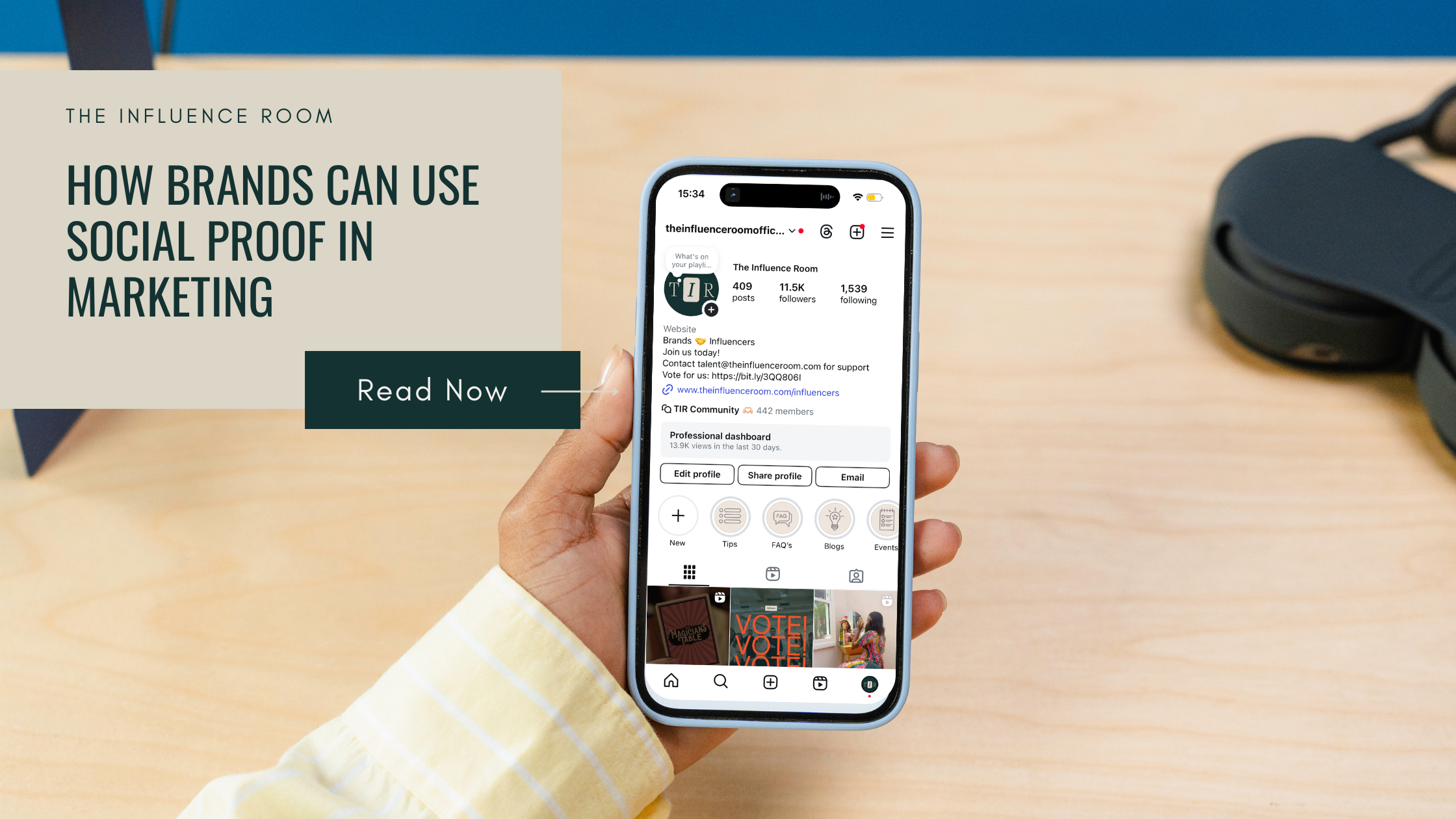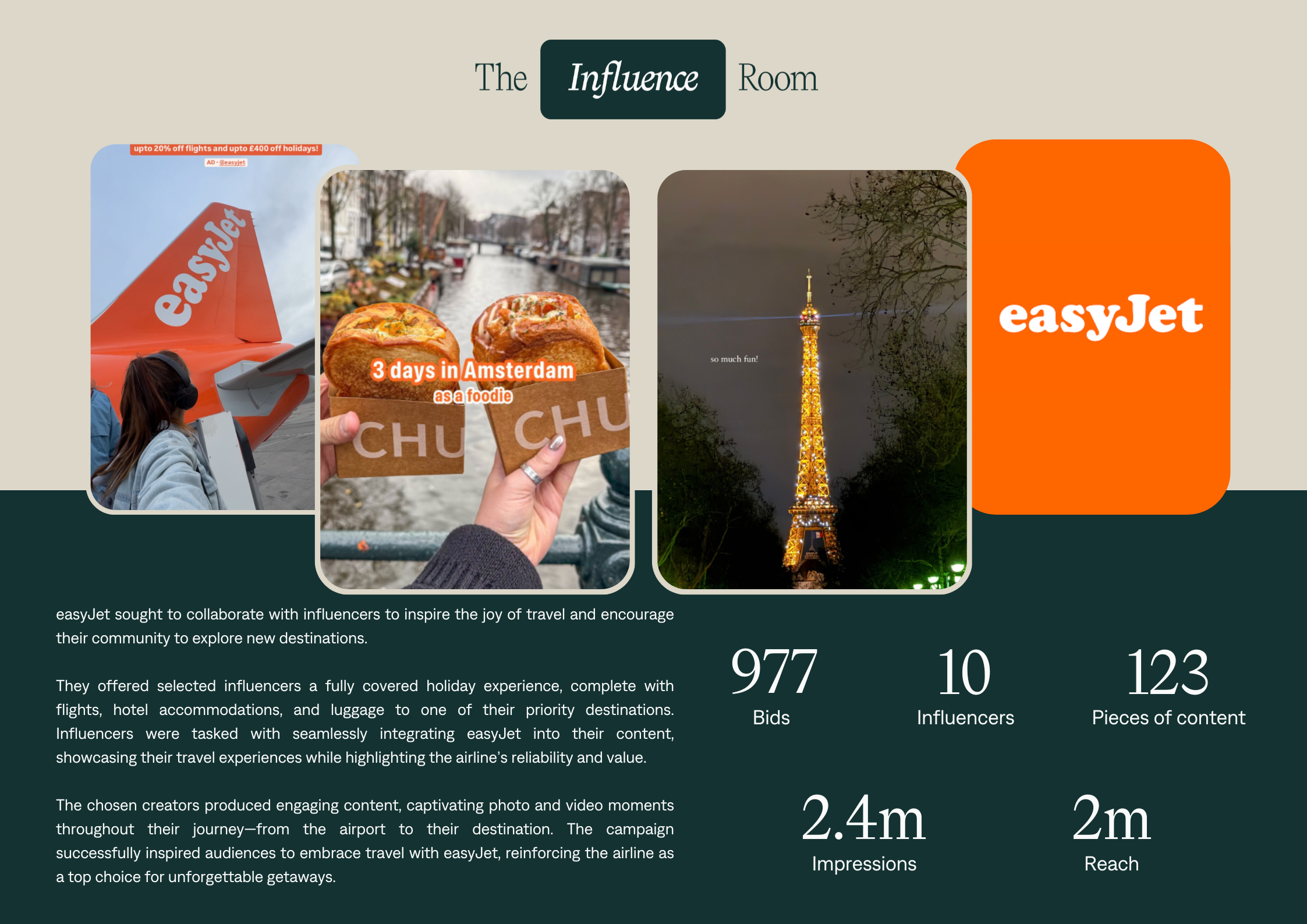
The online population causes people to believe in actual users as much as they trust businesses.
Social proof is a crucial marketing component due to its function as the psychological bias by which people make choices based on what other people do (herd mentality).
Social proof in marketing provides brands with credibility in the form of user-generated content and word-of-mouth that boosts conversion rates in the market.
The new online marketplace needs social proof to succeed today. This change turns random doubt into confident customers who stop surfing and become dedicated loyal buyers.
But how do you strategically leverage social proof in marketing to maximise impact?
In this article, we’ll explore:
Let’s dive in.
Essentially, social proof in marketing is that humans watch what other people do in order to guide their decisions - especially where they are unsure.
Psychologist Robert Cialdini, author of Effect: The Psychology of Persuasion, discusses social proof theory and social proof psychology and the reason why we believe in a restaurant that has a massive queue or buy a product that has thousands of positive reviews.
Examples of social proof in marketing can be a powerful tool to create credibility and drive consumer behaviour.
From powerful testimonials to user-borne content, brands use social proof to establish trust, remove friction at purchase, and induce conversions.

Why is social proof psychology so powerful? That is because it appeals to deeply ingrained human behaviours, such as:
In the digital world of today, where attention spans are short and competition is fierce, leveraging social proof in consumer psychology can provide the difference between a potential customer clicking away or joining.
In an era where clients are bombarded with advertising messages, trust is the ultimate currency - and social proof is one of the fastest ways to gain it.
When prospects know that others trust and recommend your brand, it creates a ripple effect that:
1. Builds Credibility and Trust
Humans trust humans, not corporations.
Whether it's customer reviews, influencer endorsements, or user-generated content, seeing real people endorse a product reduces uncertainty and enhances confidence in a purchase decision.
2. Enhances Brand Reputation and Authority
A strong brand isn’t just about awareness—it’s about authority.
When industry experts and impressive and happy customers constantly advocate your brand, it presents you as a leader in your location and as a force for future authentic brand partnerships.
3. Boosts Conversions and Sales
Social proof is not perception - it converts into bottom-line sales.
Why? When consumers see evidence that another product is being loved, they're more inclined to take action and join in.
The correct strategy can transform passive browsers into active customers and activate customers among faithful defenders.
Including social proof in marketing in an effective manner requires more than aggregating admissibility or featuring customer endorsements.
It is about using actual, relevant and strategic social proof examples that connect with your target audiences.
These are a few methods that brands can effectively leverage social proof to create trust and conversion:
1. Leverage Customer Reviews and Testimonials
Customer reviews represent a robust form of social proof because they are word-of-mouth endorsements that come from your customers and reflect their genuine experiences. To unlock the greatest potential of this type of social evidence:
2. Collaborate with Influencers and Leaders
Collaboration with the concerned or compassionate leaders in your industry can turn out to be a game-saver for your social proof procedure.
The sole catch here is to find out the influencers that represent your brand beliefs and attract your target users. While making use of influencers:
3. Highlight User-Generated Content

User-generated content (UGC) is one of the most authentic and relatable forms of social proof, make sure you are making the most of collaborating with micro-influencers.
Encourage your customers to share images, videos, or reviews of how they've been with your brand. It helps make your product human and promotes a feeling of belongingness. This is the way to benefit from UGC:
4. Use Case Studies and Success Stories

Case studies and success stories allow you to present your product or service in action, demonstrating the results in the real world.
This form of social proof in B2B settings is particularly powerful, but it can be equally effective in B2C marketing.
To make the most of case studies:
5. Show Social Media Engagement
A brand's fans or the likes can be an understated source of social proof. If you have a solid social following, let it do the job for you:
6. Use Trust Seals and Certifications
Trust seals, certification, and industry awards can grant significant rights to your brand and ensure customers that they are safer while making a purchase.
To use trust seals effectively:
7. Create a Sense of Urgency with Social Proof
FOMO (Fear of Missing Out) can be a powerful motivator when combined with social proof in marketing. To implement this strategy:
By implementing these social proof strategies in your marketing campaign in a strategic manner, your brand can establish trust, deepen customer relationships, and increase conversions.
The key is to make your social evidence sound real and relevant and align with your brand's goals and values.
With the proper approach, social proof in marketing can be the make-or-break element of your marketing campaign.
While social proof in marketing can be a potent tool for building trust, it must be strategically applied.
Most brands, however, make general mistakes that not only bring down the power of social proof but also could backfire and damage their image.
One of the greatest pitfalls is using dishonest or exaggerated social proof.
Forged testimonials, inflated follower counts, or misrepresentative endorsements. These instil mistrust and potential lawsuits.
The second mistake is ignoring bad reviews or failing to respond to customer grievances. In the marketplace of today's consumer-oriented society, your response to criticism might be as important as your response to praise.
Finally, loading your marketing with social proof that is not pertinent to your group will water it down and make your message insignificant and phoney.
What is the meaning of Social Proof?
Social proof is when people look at what others are doing to help them decide what to do, especially when they’re unsure. It’s basically the idea that if a lot of people are doing something, it must be the right thing to do.
What is social proof in influencer marketing?
In influencer marketing, social proof is when influencers and their followers make a product or service look legit. When people see influencers using and recommending something, they’re more likely to trust it and want to buy it too.
Why is social proof important in marketing?
Social proof in marketing is a big deal because it makes people feel like they’re making a safe choice. If they see others loving a product, they’re more likely to trust it and buy it too - it’s the whole "everyone else is doing it, so it must be good" effect.
What is social proof in consumer behaviour?
In consumer behaviour, social proof is when people follow the crowd. If they see a bunch of others buying or recommending something, they take it as a sign that it’s a good choice and go along with it.
What is social proof theory in digital marketing?
Social proof theory in digital marketing is all about using the fact that people trust what others are doing. Things like reviews, testimonials, and influencer endorsements help build trust and make people more likely to buy.
How do you build social proof?
To build social proof, you want to show off positive feedback—things like customer reviews, testimonials, case studies, and awards. The more you can show that others love what you’re offering, the more trust and credibility you build.
Social proof in marketing is a crucial element in shaping consumer decisions and building a sustainable brand with trust as a key element. When used correctly, it can help increase your reliability, increase customer's busyness and run conversions.
Now is the time for your brand to start integrating the social proof theory with consideration and strategy into its marketing efforts.
Whether it's using authentic reviews, collaborating with influencers, or showcasing real customer experiences, the key is that your social proof resonates with your audience and your brand values.
Ready to take your social proof strategy to the next level and elevate your brand?
Discover how The Influence Room can help your brand build real trust and boost conversions. Book a demo with us now!